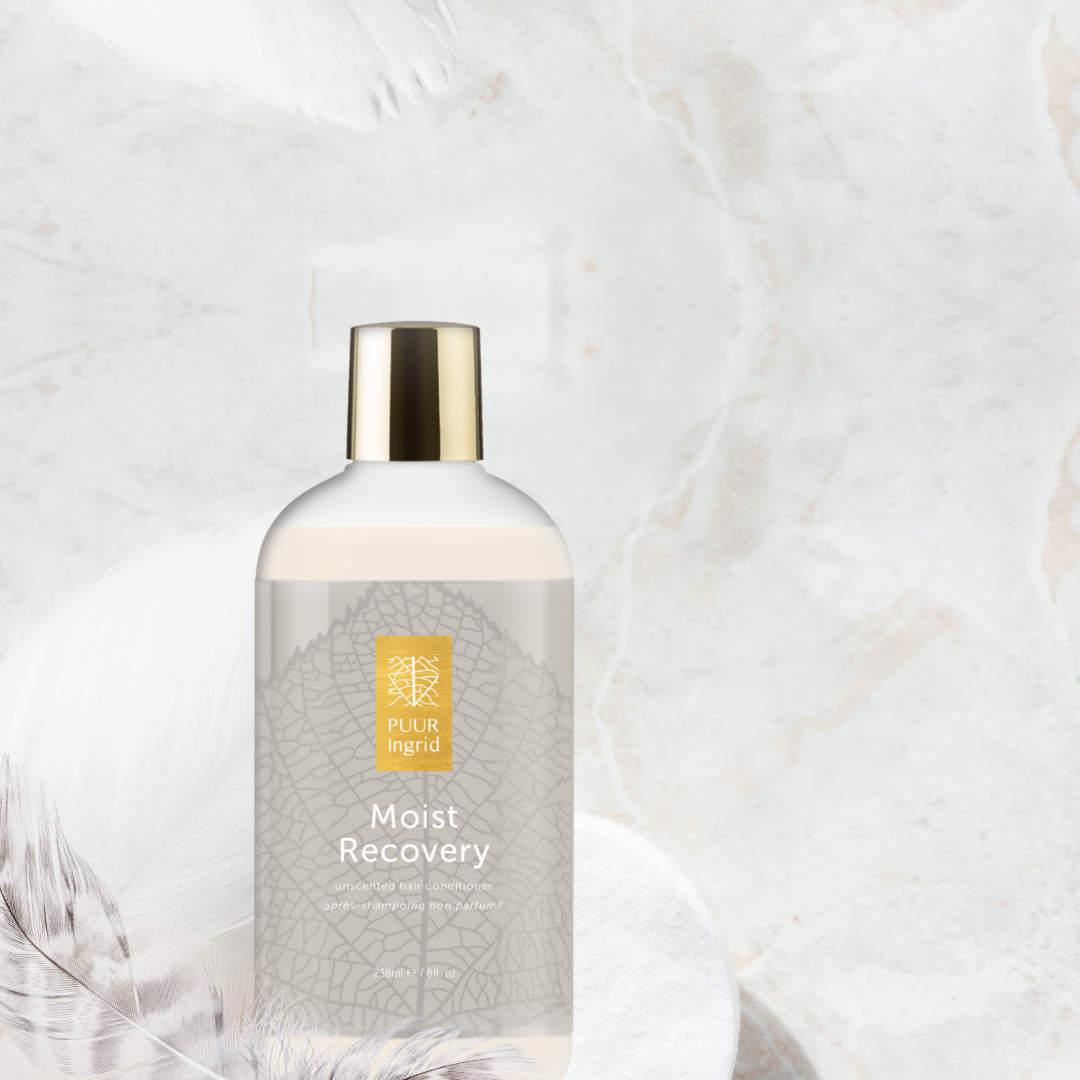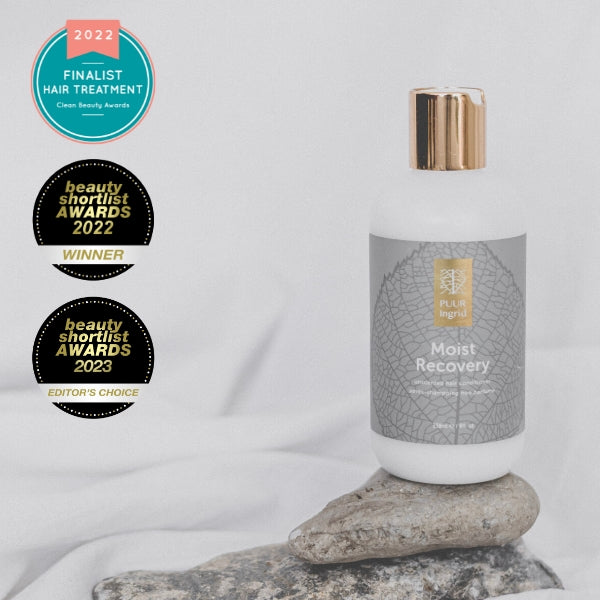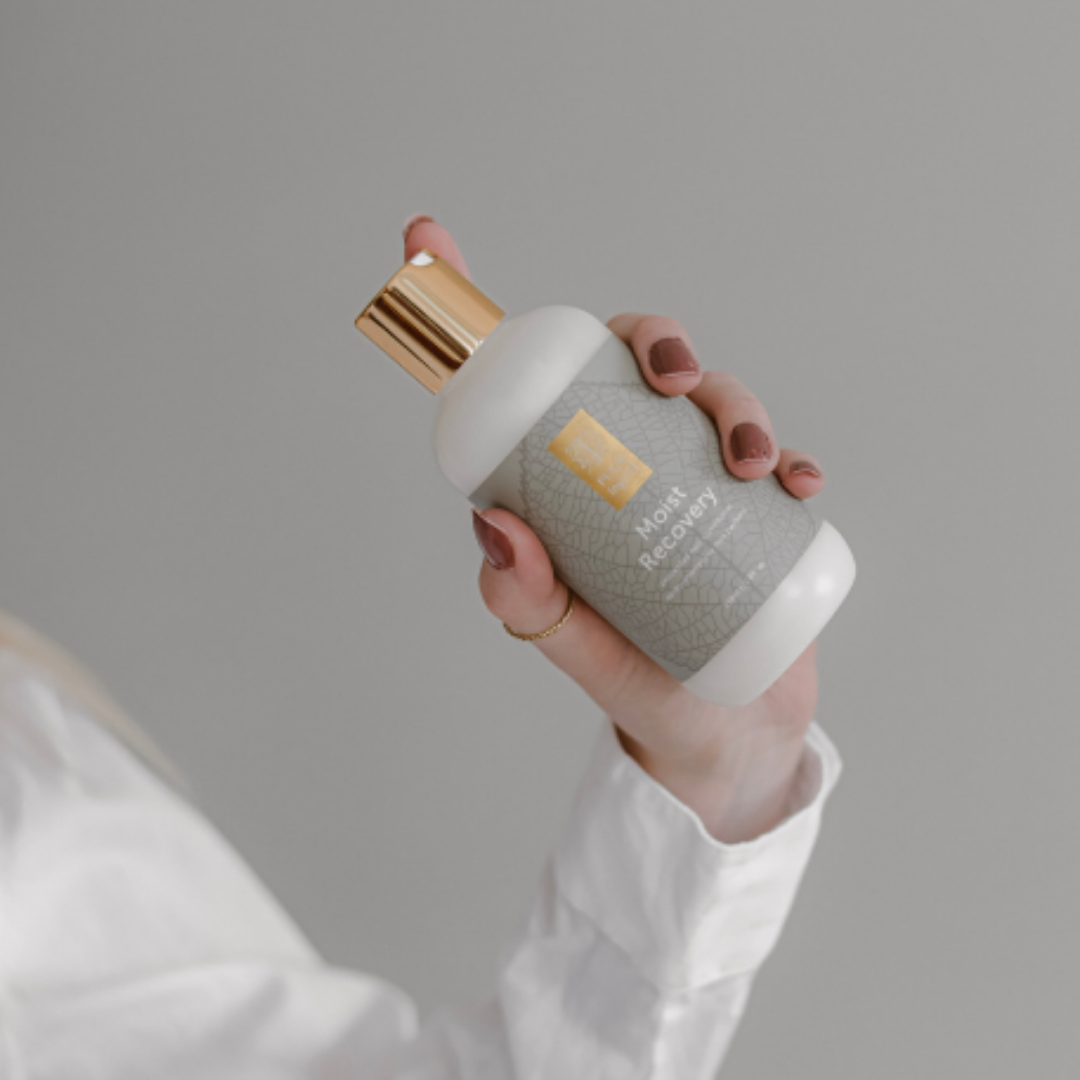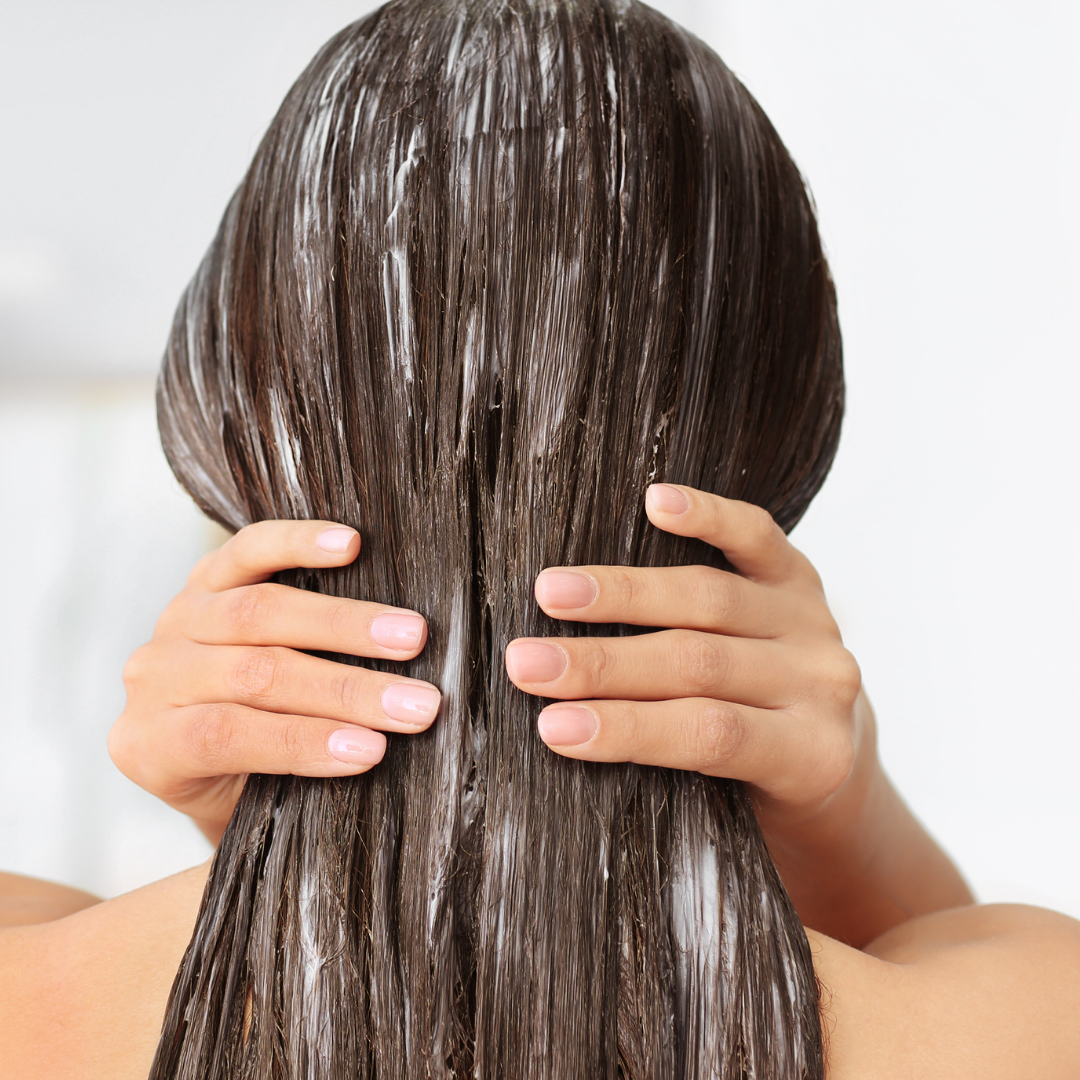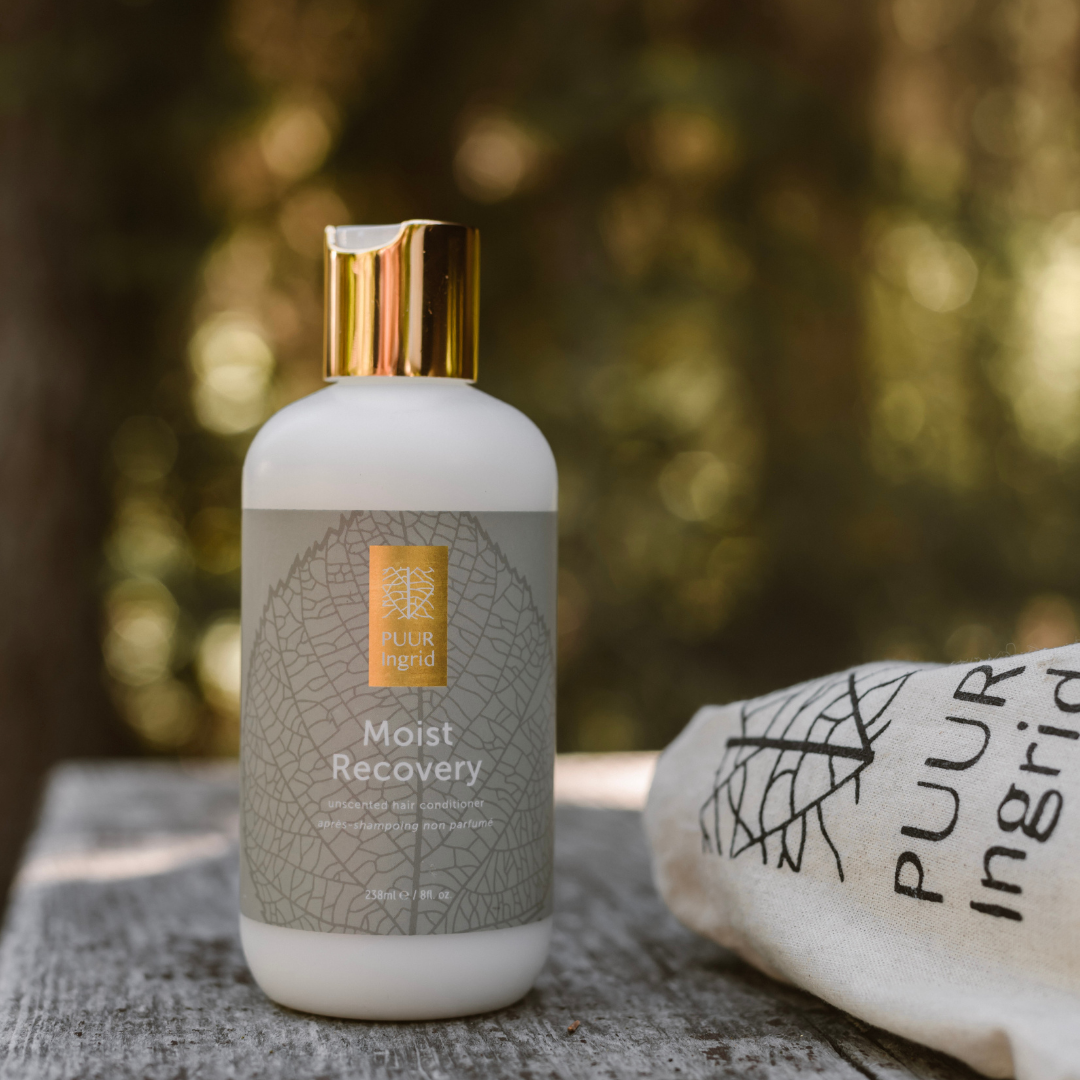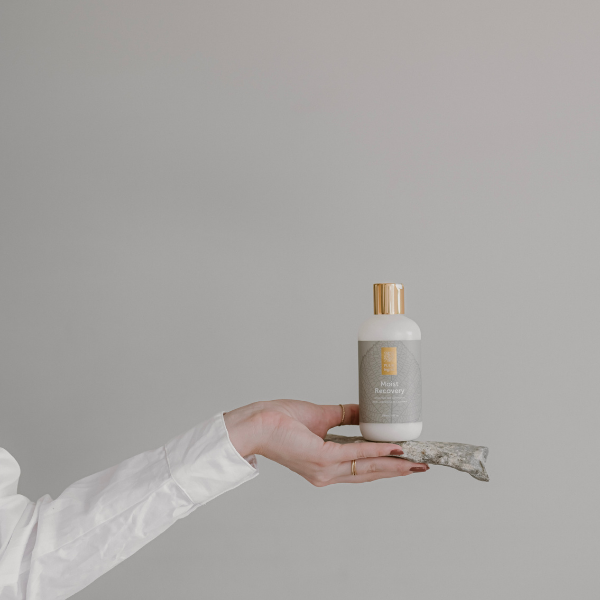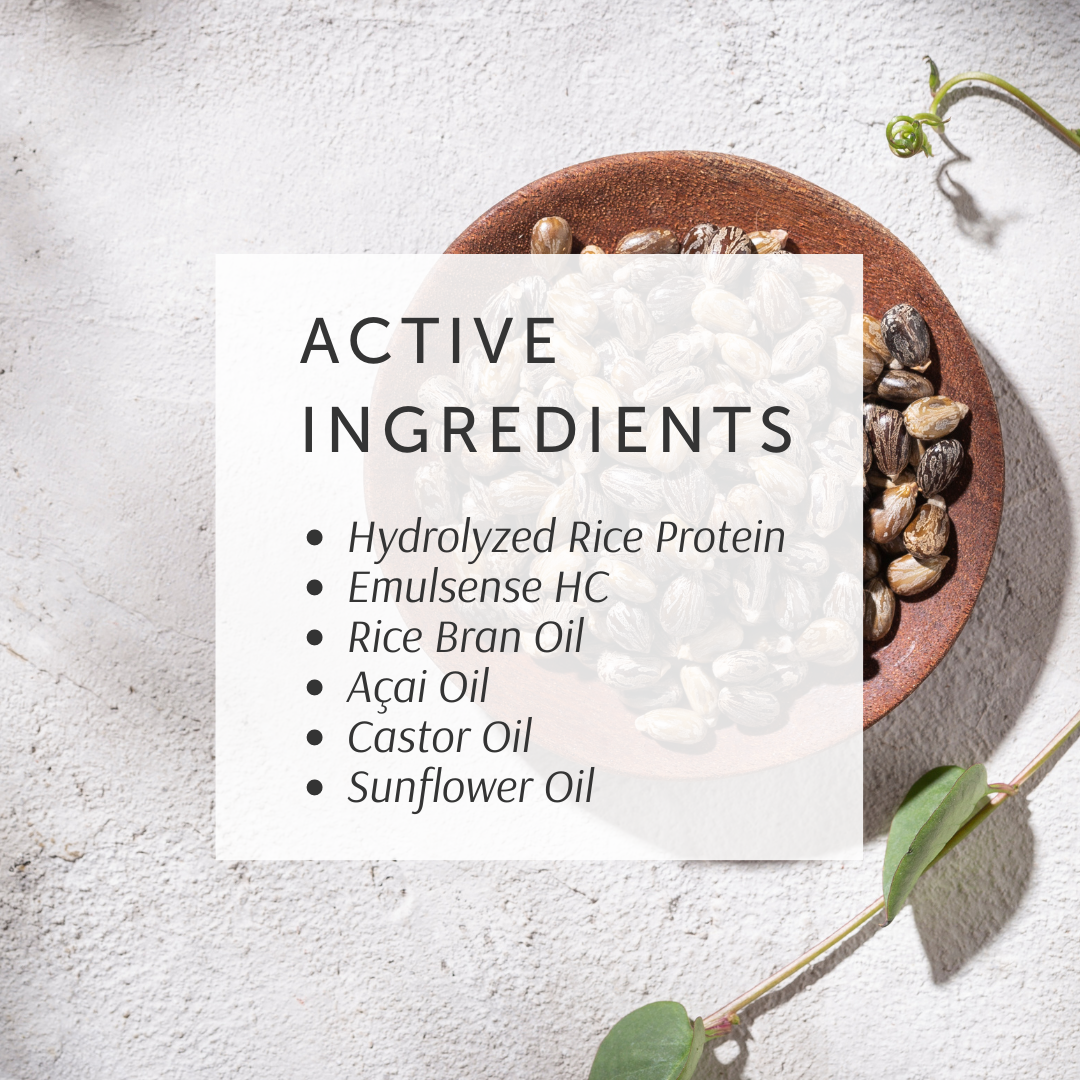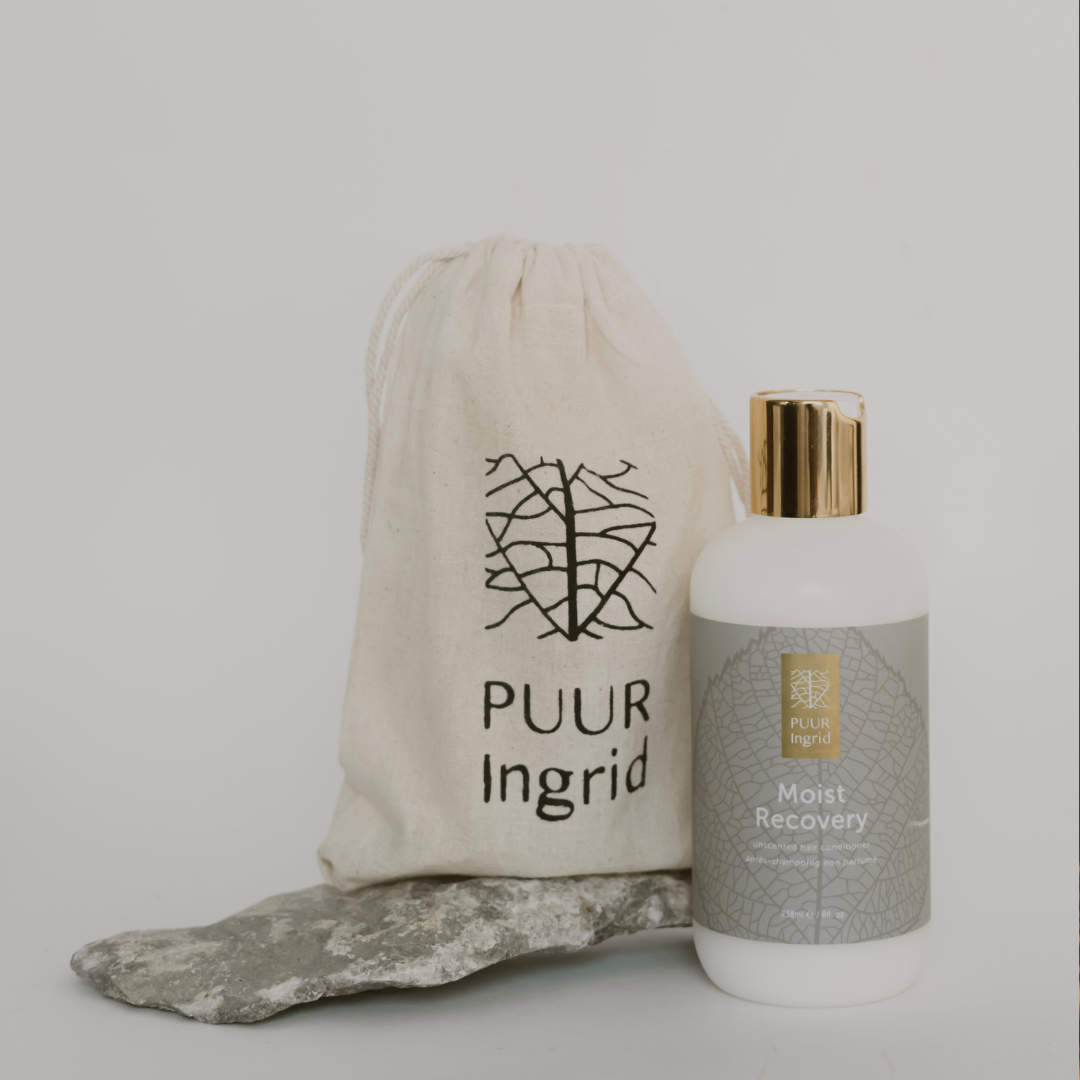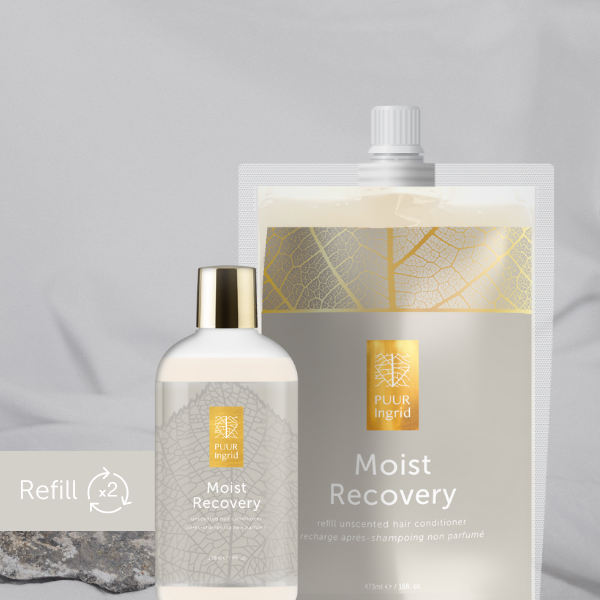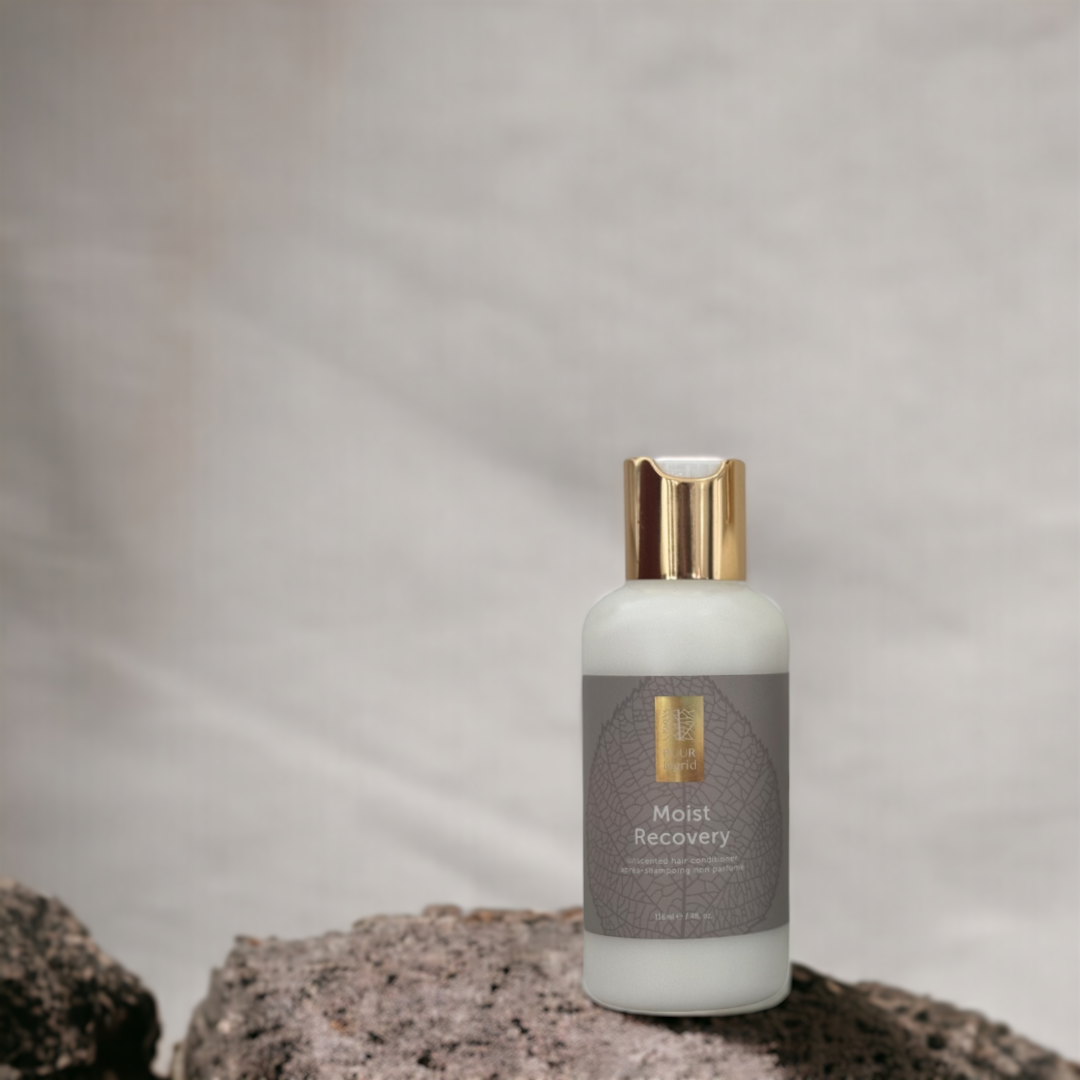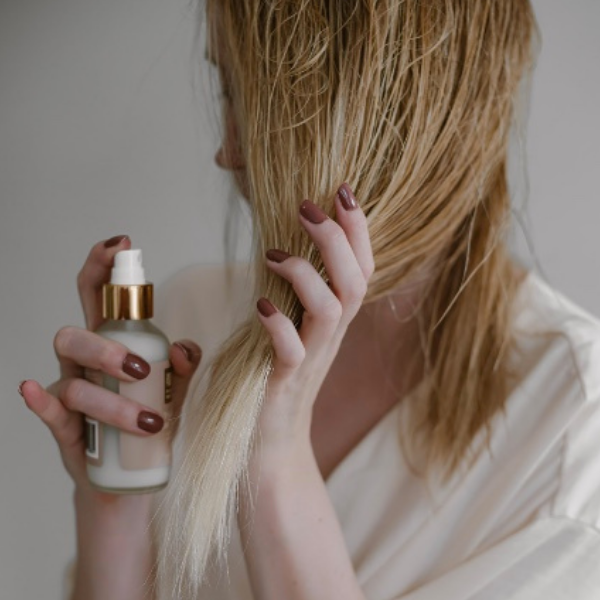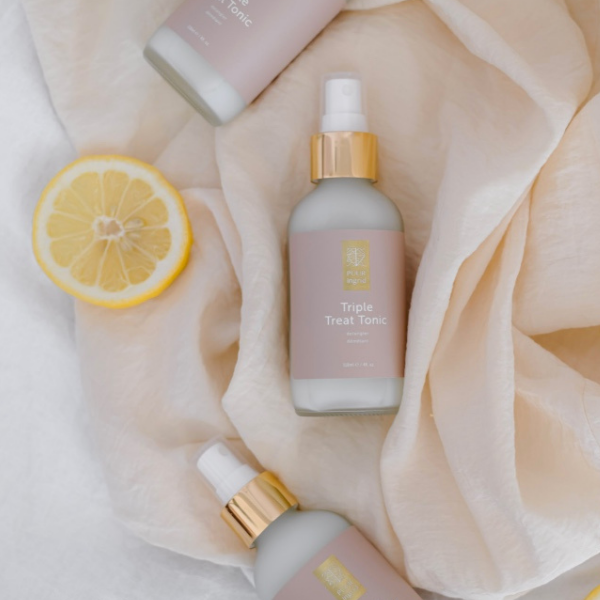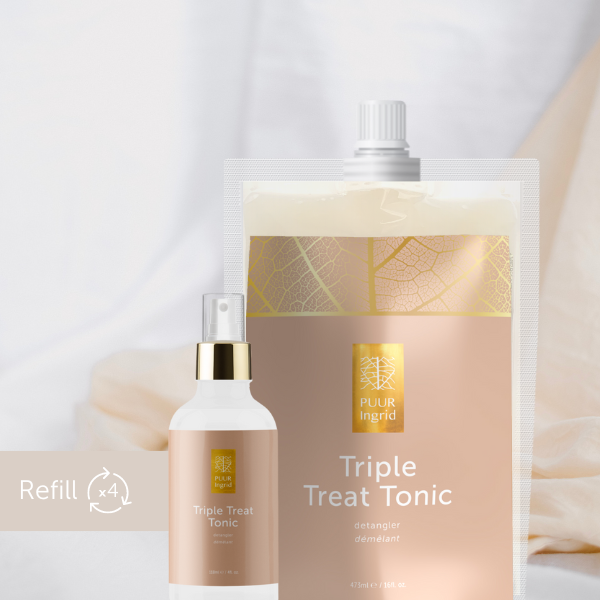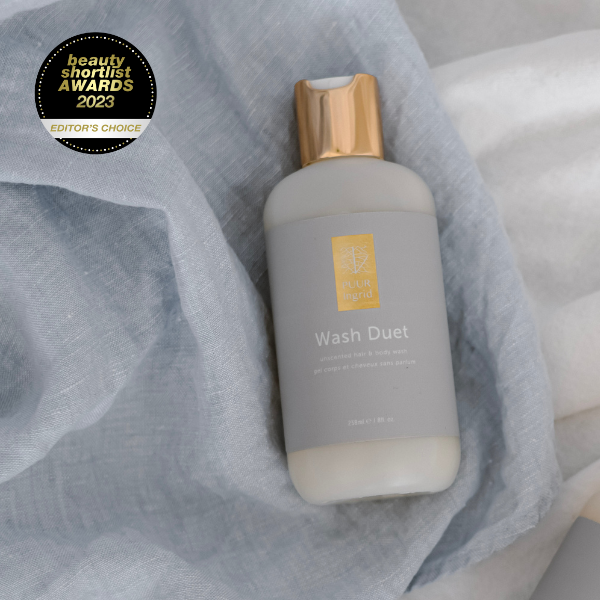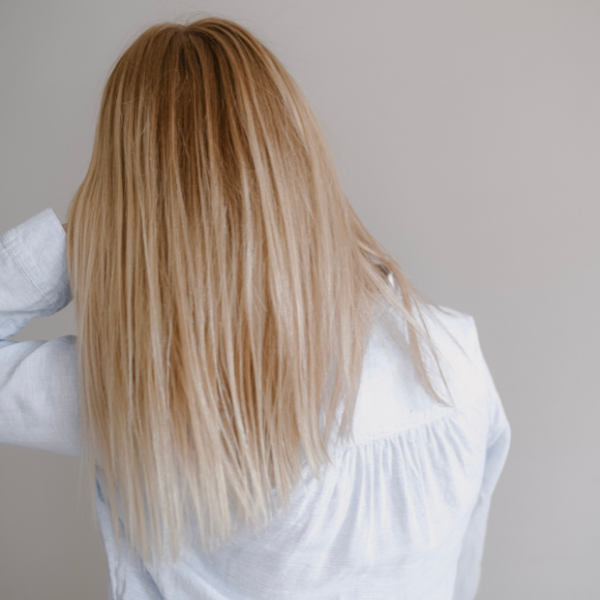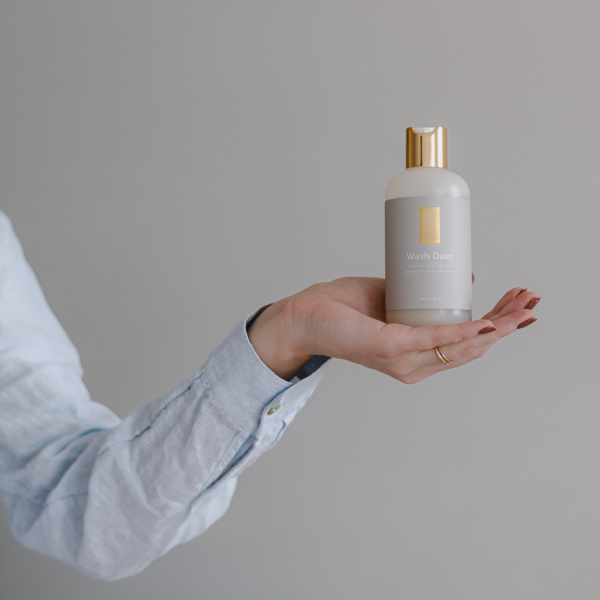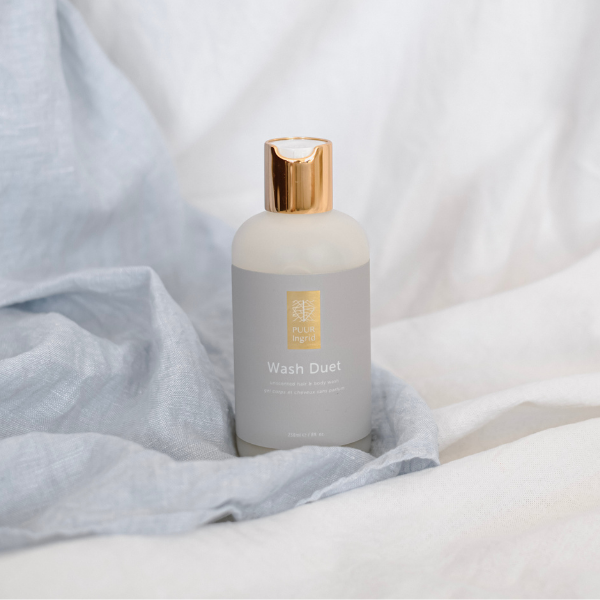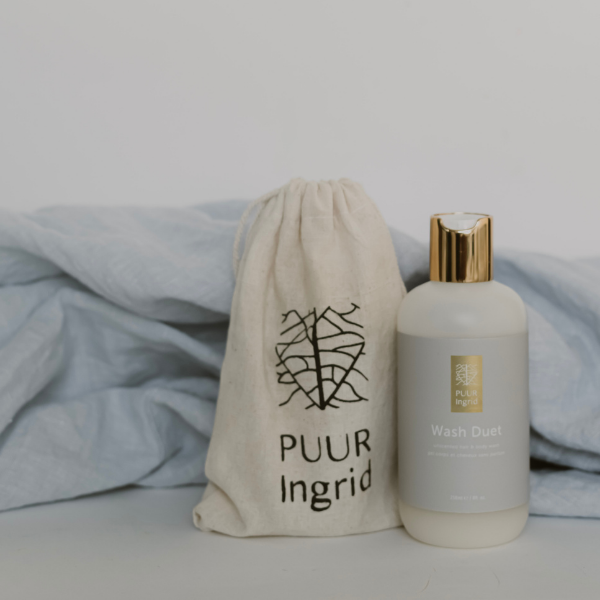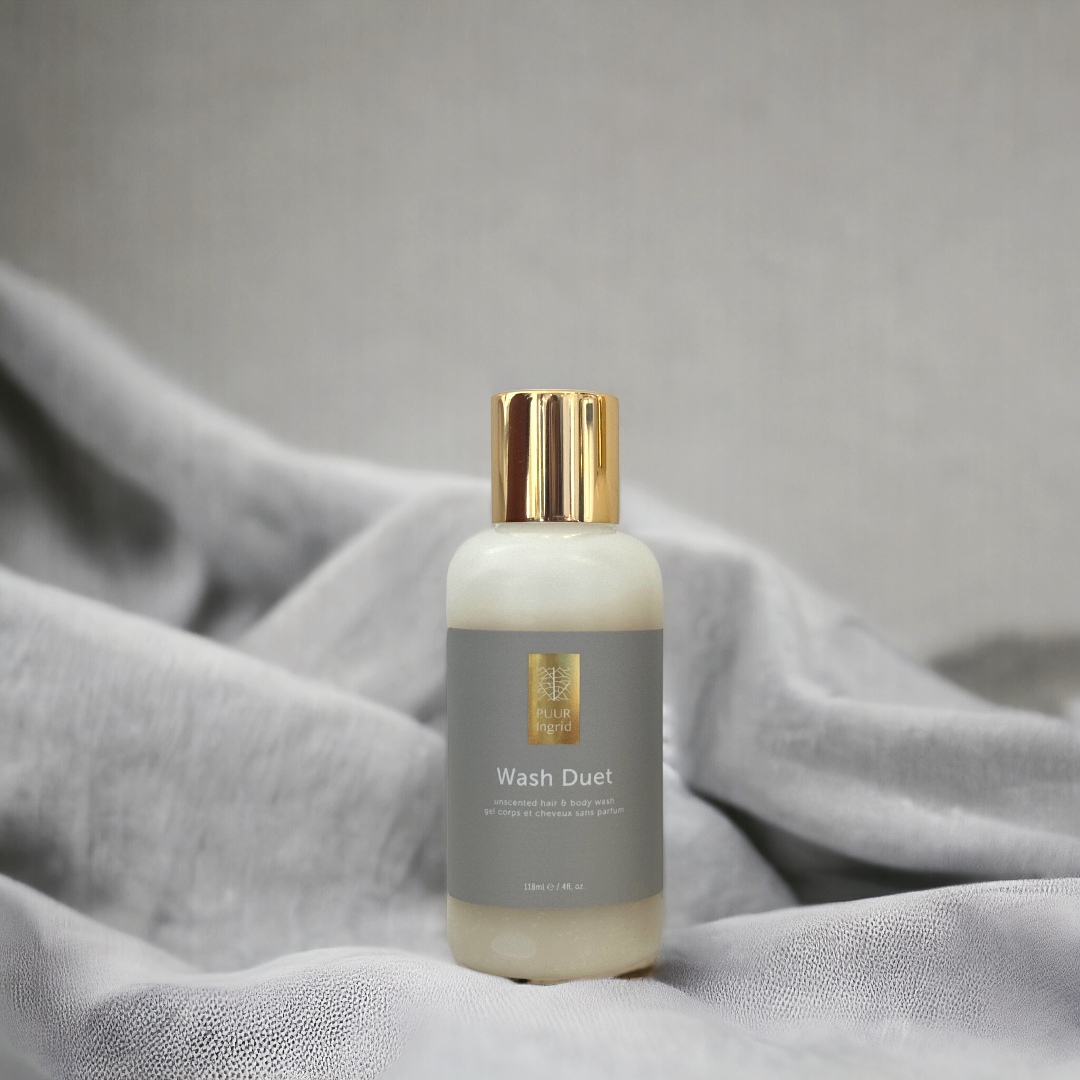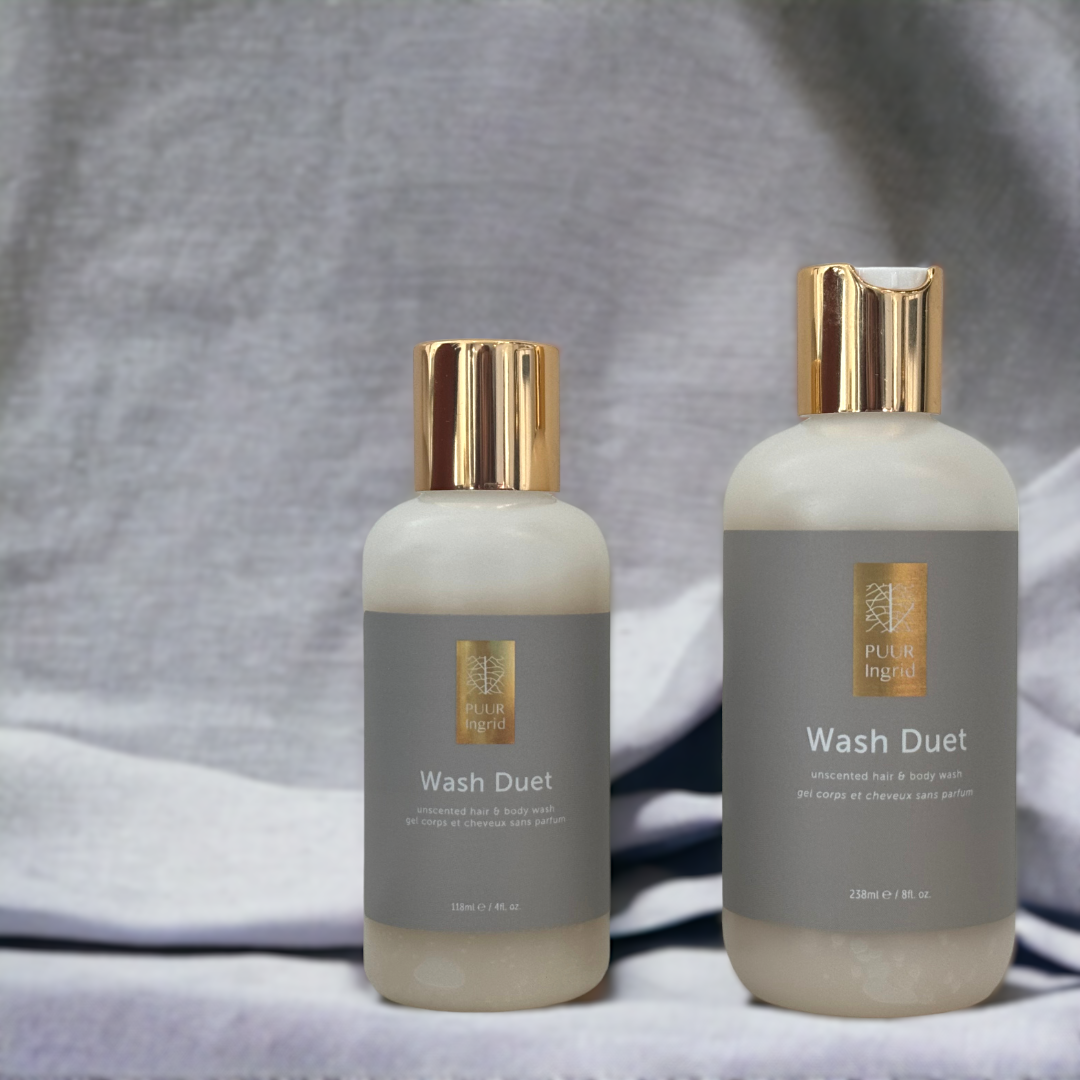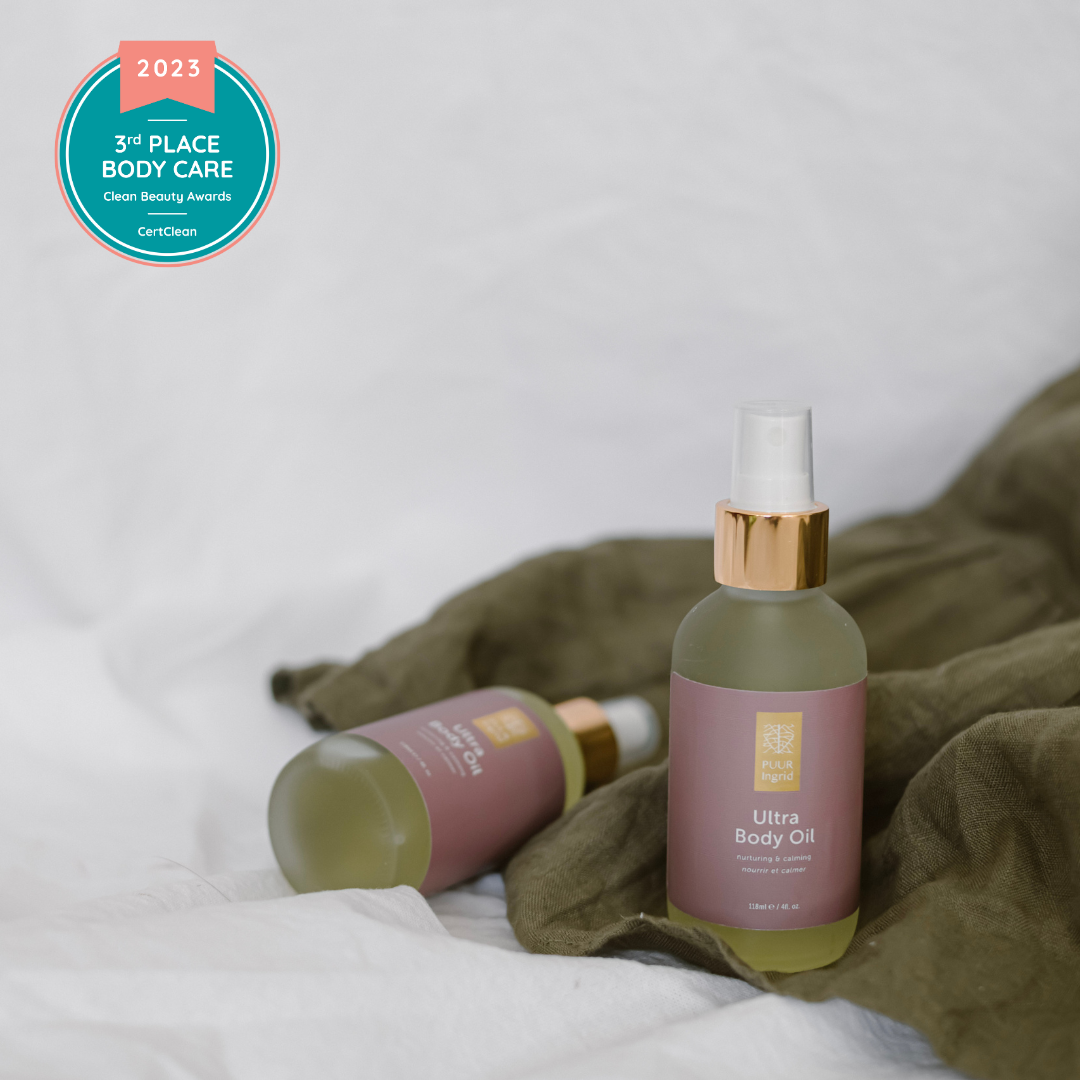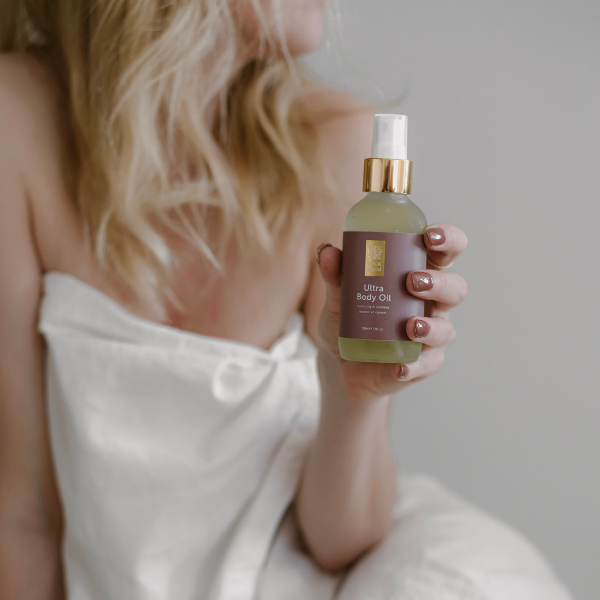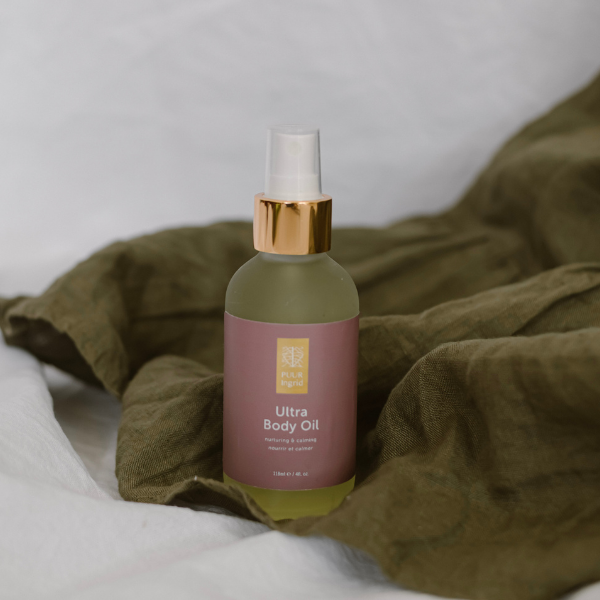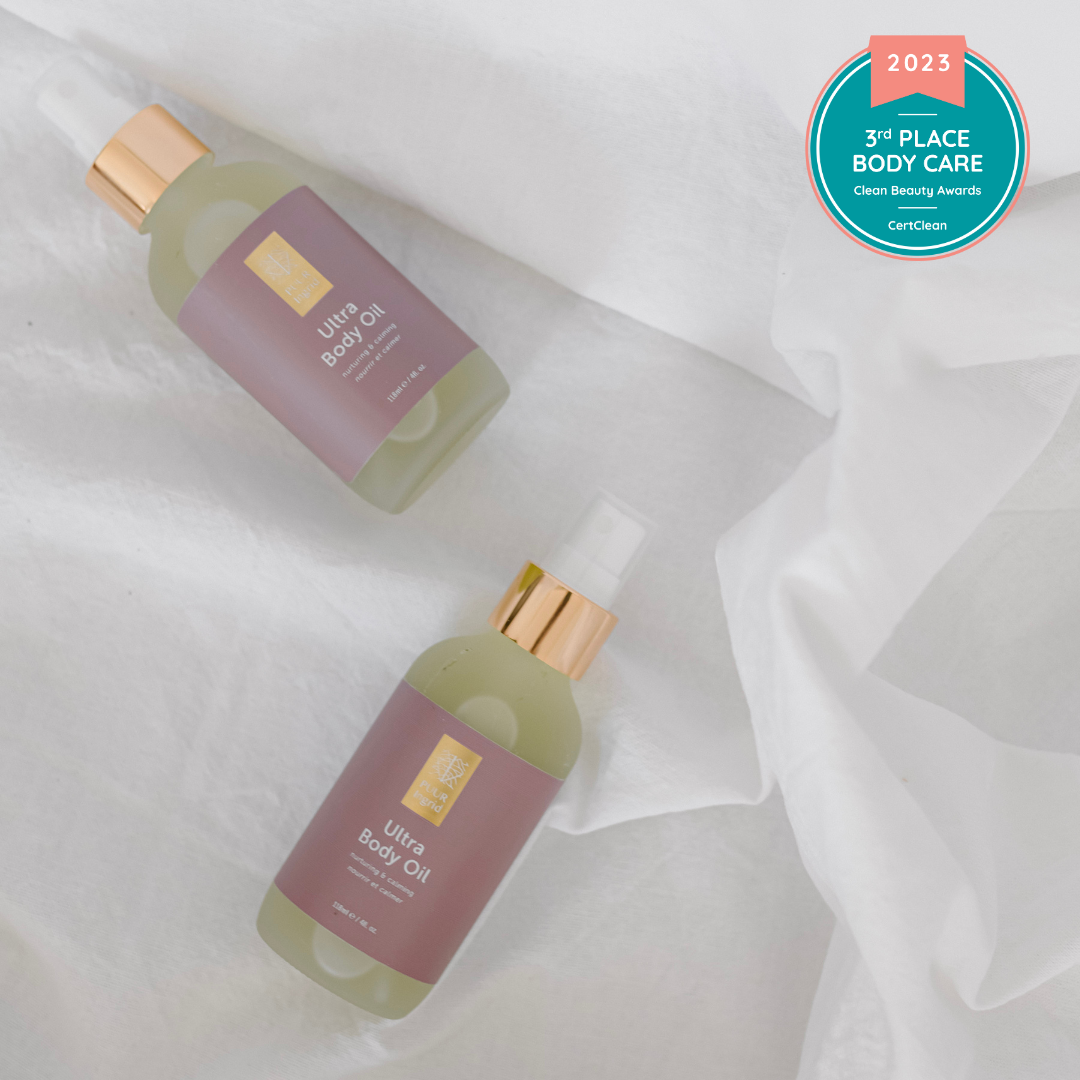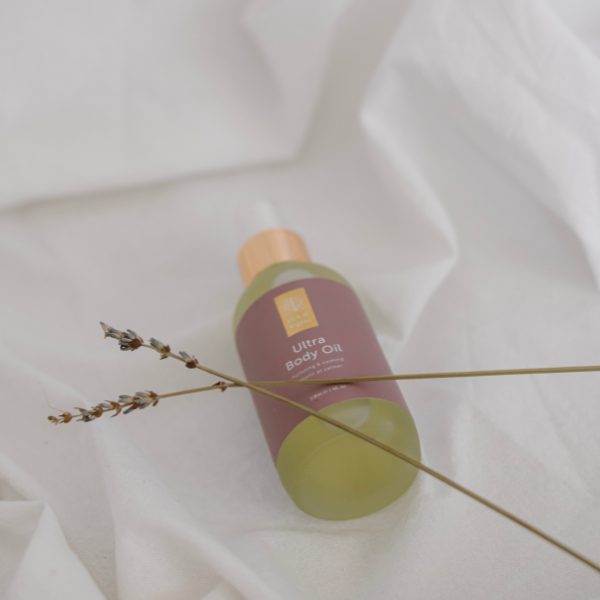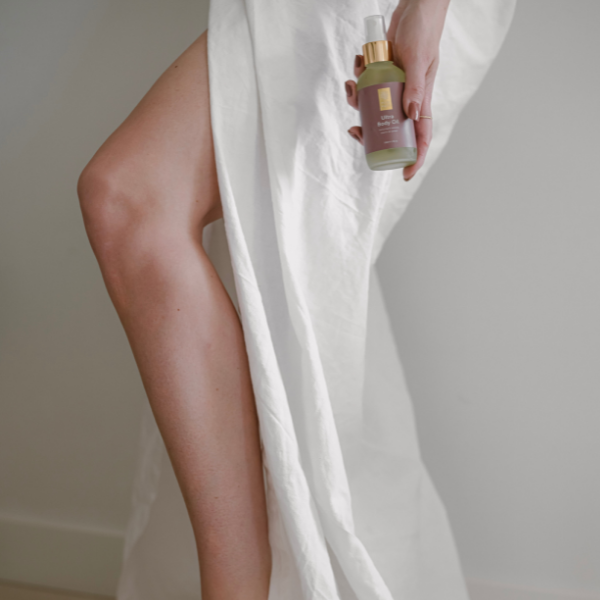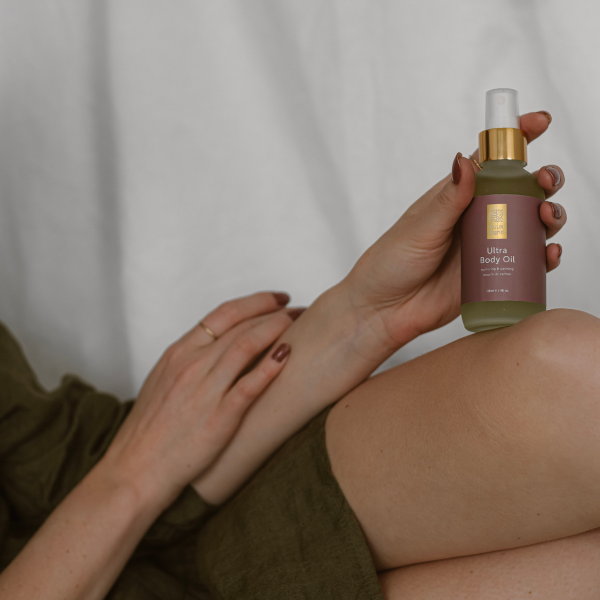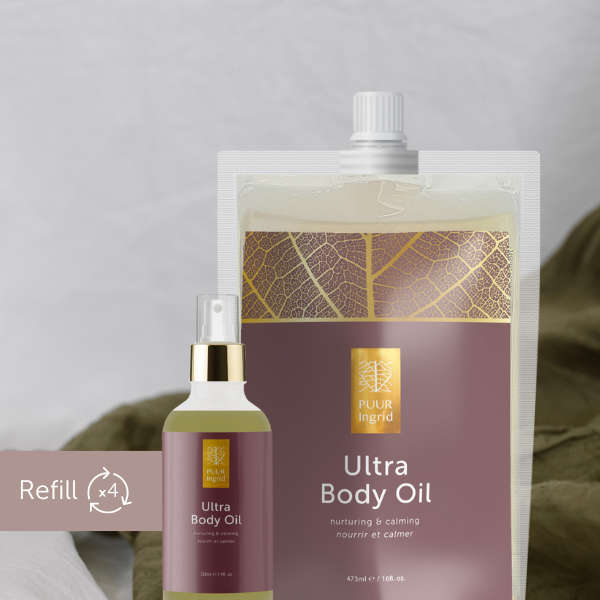What you need to know about what stress can do to your skin

Stress is something we all deal with at some point or another. It’s our body’s natural response to pressure. It isn’t fun, it isn’t pretty, but it’s a part of being human.
High levels of stress can affect many aspects of our lives, especially when it comes to our mental, physical, and even skin health.
It can be damaging to both our mind and body.
Symptoms of stress are different for all of us. Many people experience anxiety, depression, sleep problems, and social withdrawal. Lots of us also experience stress-induced skin problems that can affect our self-confidence.
If you suffer from skin issues like rosacea, eczema, or psoriasis, stress can really exacerbate your symptoms. It can also cause you to break out into rashes and hives.
Have you ever noticed that on weeks where your stress level is extra high, your skin breaks out worse? That’s because stress causes your body to produce cortisol, which signals the glands in your skin to increase oil production. With all of the extra oil, you're more prone to stubborn breakouts. Not to mention, touching our faces is a common nervous habit related to stress, which brings all kinds of germs and harmful bacteria to our skin.
When we’re stressed, we spend less time taking care of ourselves. We may skimp on our skincare routine, forget to stay hydrated, avoid exercise, and lose out on valuable sleep time.
Taking back control of stressed-out skin.
It's essential to take care of ourselves, physically and mentally. It not only helps you live a healthier life, but it helps your skin stay healthy as well. Here are a few tips to regaining control of your stressed-out skin.
Take the time to relax.
Find time each day, even if it’s only 15 minutes or so, to unwind. Spend some time on your skincare, put on a face mask (no, not the COVID kind), and just chill. Taking the time to settle down, calm your brain and nerves, and regroup can help you manage your stress levels.
Make sure you’re getting enough sleep, too. Our bodies need rest to recharge. You would be surprised how much lack of sleep can affect your health and your skin.
Make positive lifestyle changes.
Drink the right amount of water, eat more greens, take your multivitamin, get more exercise. All of these things can help put you in a good place mentally and physically.
Water can help you avoid breakouts by lowering your skin’s oil production. When your body is properly hydrated, it won’t try to make up for the lack of moisture by overproducing oil. It can also help increase blood flow to the skin and make dull skin appear more full of life.
Even exercising can help your skin by increasing blood flow, which subsequently nourishes your cells, including skin cells. According to dermatologist Ellen Marmur, it helps flush cellular debris out of your system, leading to more vibrant skin.
Getting the right amount of vitamins and nutrients supports your overall health and wellbeing. Your skin needs these vitamins to stay nourished and glowing.
Simplify your skincare routine.
Lack of time is a huge stressor in many of our lives. Having a big, elaborate skincare routine may not fit into our day-to-day schedule. Simplifying your skincare routine makes it easier to keep up with. If you only have a four or five-step routine, instead of an eight or nine-step, you're probably more likely to stick to it every day.
Stress and your skin don't mix. Taking small steps each day to help deal with stress and take care of your skin will make a world of difference in your overall health and give your skin that healthy glow you're looking for.



